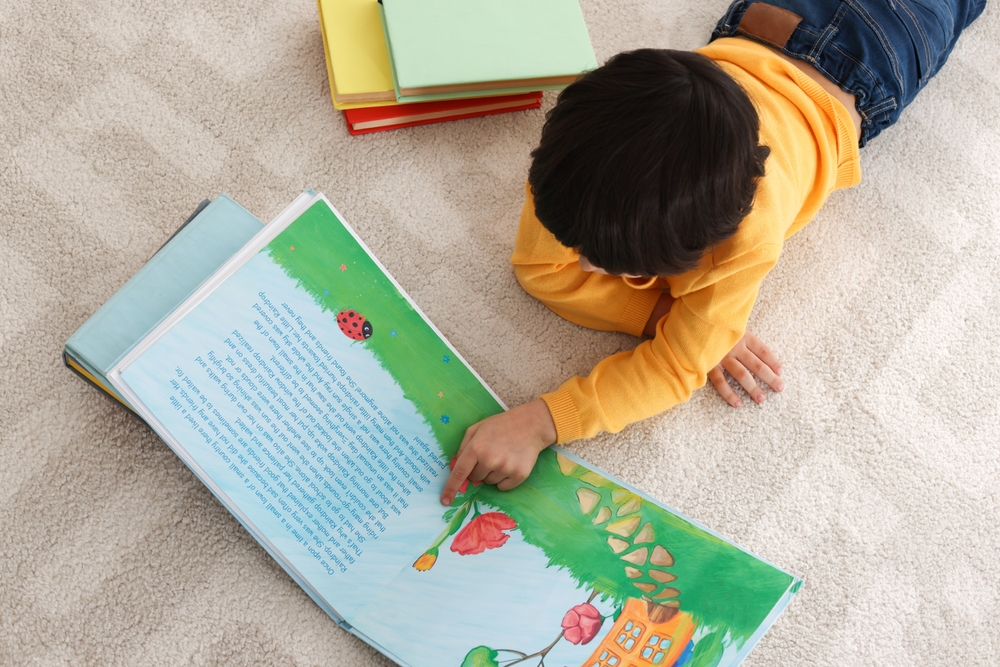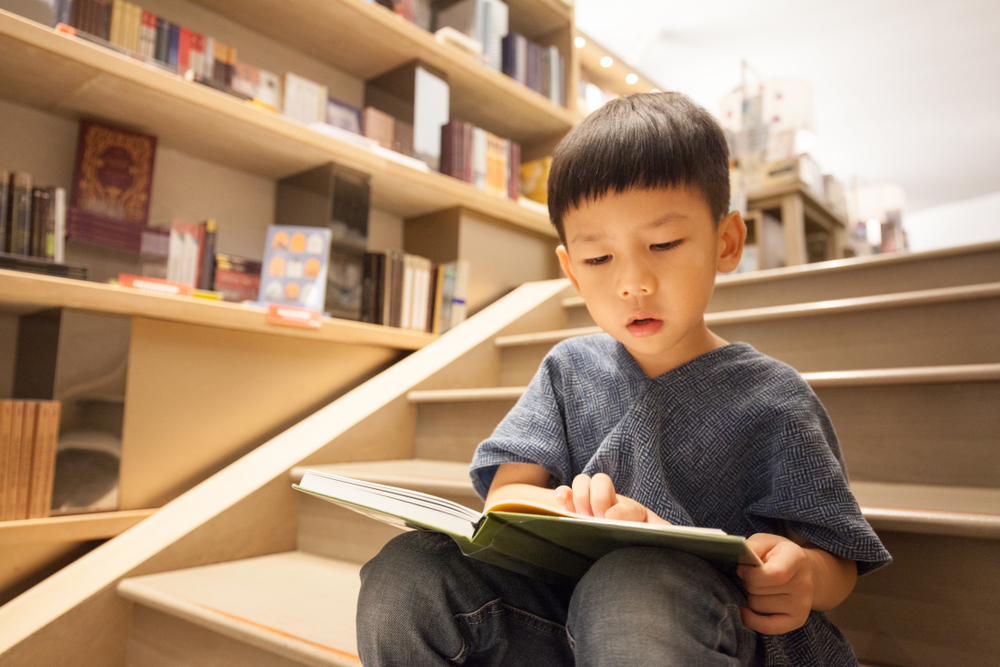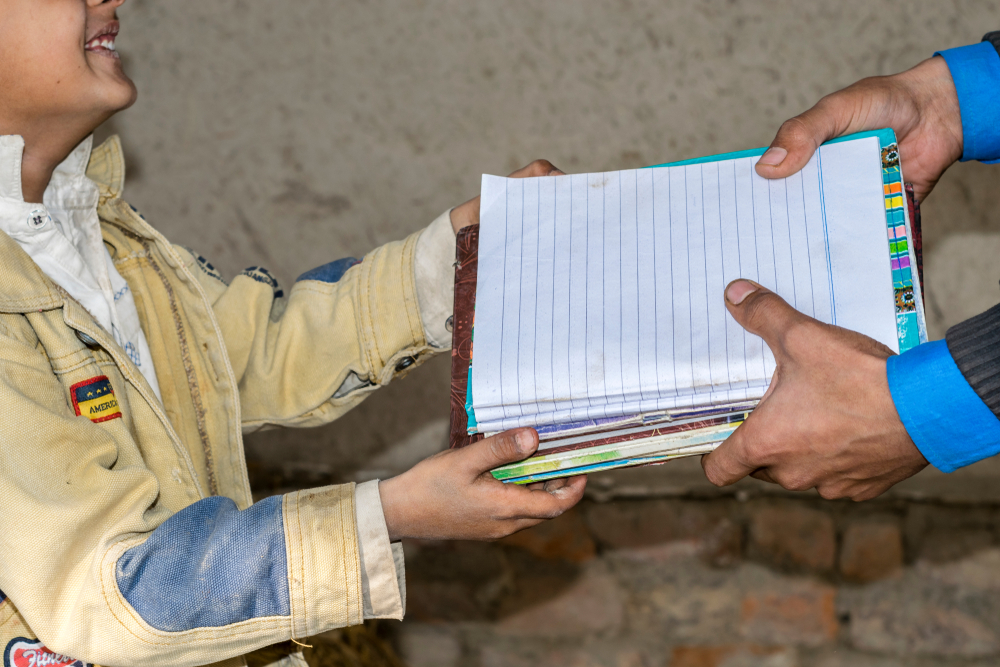
Written by: Ms Carmen Leung (Teacher Car Car)
Many parents often ask, “What is holistic education?” If we look at the profound wisdom of the Chinese people spanning thousands of years, it is about cultivating a child’s “virtue, intelligence, physical fitness, social skills, and aesthetics.” From the perspective of psychologists, it involves developing a child’s multiple intelligences. From an educational standpoint, it goes beyond the pursuit of knowledge; we also need to nurture a child’s values, attitudes, appreciation for art and culture, interpersonal skills, problem-solving abilities, and critical thinking. In simpler terms, from a commoner’s perspective, holistic education means enabling children to excel in academics, have many friends, possess positive thinking, and excel in various aspects such as music, sports, and art. Do you want your children to experience holistic development?
Multiple intelligences are categorized into seven types, with innate and nurtured aspects each accounting for half.
In common discourse, the concept of multiple intelligences is frequently mentioned. Let’s explore holistic education from a psychological perspective. The theory of “multiple intelligences” was proposed by Professor Howard Gardner of Harvard University in 1983. He discovered that intelligence could be classified into at least seven types: linguistic intelligence, logical-mathematical intelligence, spatial intelligence, musical intelligence, bodily-kinesthetic intelligence, interpersonal intelligence, and intrapersonal intelligence.
When we discuss “intelligence,” parents often associate it with genius or innate talents. Is intelligence something one is born with, or is it developed later in life? In reality, an individual’s intelligence is a combination of innate and nurtured factors. Each child has a range of innate intelligence, such as an IQ of 100-120. Regardless of the stimuli provided or efforts made, their IQ cannot exceed 120. So, do we still need to cultivate a child’s multiple intelligences? Absolutely! Because whether a child’s IQ stays at 100 or reaches 120, it depends on postnatal cultivation!

Each intelligence is equally important.
So, how should it be cultivated? Through practice? Classes? Exposure to the outside world? Engaging in sports or listening to music? In reality, different intelligences have different cultivation methods. Scholars propose multiple intelligences to remind everyone that when parents focus on cultivating their children’s academic subjects such as Chinese, English, and math, they should not forget that other intelligences are equally important, especially interpersonal communication skills and personal introspective intelligence. If a child lacks any of these, how can they navigate in society? Therefore, when choosing courses for our children, don’t just opt for academic classes, language classes, or literacy classes. We should pause and think, besides academic performance, in which areas does the child need improvement? How is their communication ability? Analytical skills? Personal introspective ability? If a child’s communication skills are lacking, should parents choose courses that provide sufficient space for communication with others, such as drama classes, to allow them more opportunities to express themselves?
Remember the underlying meaning behind what I said about “multiple intelligences.” Take a moment to pause and consider the child’s development in areas beyond academics!

























